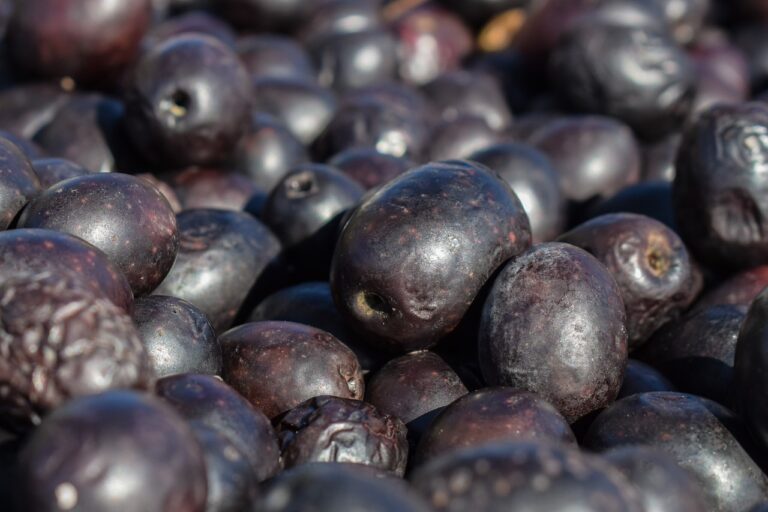Juicing for Inflammatory Bowel Disease (IBD): Soothing and Digestive-supportive Ingredients: Laser247 register, Lotus3655, Sky247login
laser247 register, lotus3655, sky247login: Juicing for Inflammatory Bowel Disease (IBD): Soothing and Digestive-supportive Ingredients
Inflammatory Bowel Disease (IBD) is a condition that causes inflammation of the digestive tract, leading to symptoms such as abdominal pain, diarrhea, fatigue, and weight loss. While there is no cure for IBD, there are ways to manage the symptoms and improve the quality of life for those suffering from this chronic condition.
One approach that many people with IBD have found helpful is juicing. Juicing involves extracting the juice from fruits and vegetables, providing a concentrated source of nutrients that are easy for the body to digest. By incorporating specific ingredients known for their soothing and digestive-supportive properties, juicing can help to alleviate inflammation in the digestive tract and promote overall gut health.
Here are some key ingredients to consider when juicing for IBD:
1. Ginger: Ginger is well-known for its anti-inflammatory properties and can help to soothe the digestive tract, making it an ideal ingredient for those with IBD.
2. Turmeric: Turmeric contains curcumin, a compound with powerful anti-inflammatory effects that can help to reduce inflammation in the digestive tract.
3. Aloe Vera: Aloe vera has been used for centuries to aid digestion and promote gut health, making it a great addition to your juicing routine.
4. Leafy greens: Leafy greens such as spinach, kale, and Swiss chard are packed with vitamins, minerals, and antioxidants that can help to reduce inflammation and support digestive health.
5. Pineapple: Pineapple contains bromelain, an enzyme that can help to break down proteins and improve digestion, making it a great addition to your IBD-friendly juices.
6. Papaya: Papaya is rich in digestive enzymes that can help to alleviate symptoms of IBD and promote overall gut health.
7. Carrots: Carrots are a good source of beta-carotene, which can help to reduce inflammation and support the immune system.
8. Cucumber: Cucumber is hydrating and contains enzymes that can help to promote healthy digestion.
9. Celery: Celery is high in antioxidants and can help to reduce inflammation in the digestive tract.
10. Mint: Mint has been used for centuries to aid digestion and can help to soothe the digestive tract.
By incorporating these ingredients into your juicing routine, you can create delicious and nutritious juices that can help to soothe inflammation in the digestive tract and support overall gut health. Remember to consult with your healthcare provider before making any significant changes to your diet, especially if you have a medical condition such as IBD.
FAQs
Q: Can juicing cure IBD?
A: Juicing cannot cure IBD, but it can help to manage symptoms and improve the quality of life for those with this chronic condition.
Q: Are there any risks associated with juicing for IBD?
A: Some people with IBD may find that certain fruits and vegetables exacerbate their symptoms. It’s essential to listen to your body and consult with your healthcare provider before incorporating new ingredients into your juicing routine.
Q: How often should I juice for IBD?
A: The frequency of juicing for IBD varies from person to person. Some may benefit from daily juicing, while others may find that less frequent juicing is more suitable for their needs. Experiment with different schedules to find what works best for you.
Q: Can I still eat solid foods while juicing for IBD?
A: Yes, it’s essential to maintain a balanced diet that includes a variety of whole foods while juicing for IBD. Juicing should be seen as a supplement to your diet, not a replacement for solid foods.
Q: Are there any specific juicing recipes for IBD?
A: There are many juicing recipes that can be beneficial for those with IBD. Experiment with different combinations of fruits and vegetables to find what works best for your symptoms and preferences. Remember to start slowly and introduce new ingredients one at a time to monitor their effects on your digestion.







